We Who Remain (2017)
Gênero : Documentário, História, Guerra
Runtime : 50M
Director : Trevor Snapp, Sam Wolson
Sinopse
Sudan, Southern Kordofan, the Nuba Mountains in Africa. Scenes from the forgotten war that the fighters of the Nuba people have held since 2011 against the government of President Omar al-Bashir and the Sudanese army, which crudely show the hard daily life of Hannan, a brave woman fighting for the survival of her family; Jordania, a promising student; Mosquito, a reckless journalist; and Al-Bagir, a rebel leader.
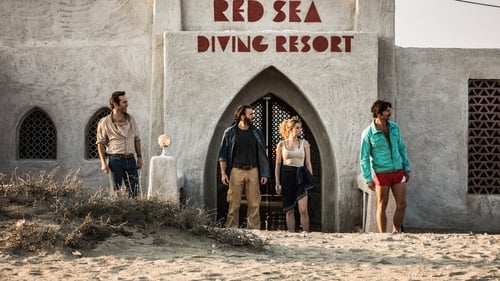
Agentes disfarçados abrem um hotel falso para turistas de verdade como fachada para salvar milhares de refugiados etíopes. Inspirado em fatos reais.

Ottway (Liam Neeson) trabalha em um lugar isolado no Alasca e seu papel é manter os lobos afastados dos funcionários de sua empresa. Certo dia, quando retornava à cidade para matar a saudade da esposa (Anne Openshaw), o avião cai. Feridos e sem alimentos, os sobreviventes lutam pela vida e tentam reencontrar a civilização. O problema é que o local em que se encontram é dominado por uma alcateia de lobos faminta, em número maior e disposta a manter seu território. Agora todos estão em risco absoluto e Ottway conhece como ninguém o inimigo que tem pela frente.
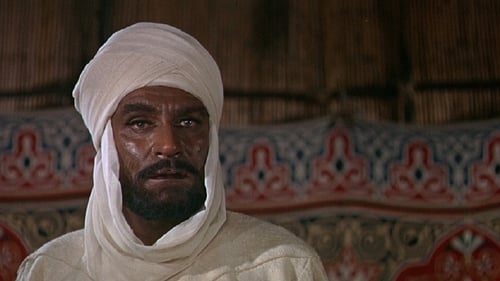
Depois que o exército egípcio, comandada por oficiais britânicos, é destruído em uma batalha no Sudão em 1880, o governo britânico está em um dilema. Ele não querem enviar uma força militar britânica para uma guerra estrangeira, mas eles têm o compromisso de proteger os egípcios em Cartum. Eles decidem pedir o general Charles "Chinês" Gordon, que era uma espécie de herói popular no Sudão por ter acabado com o comércio de escravos na área, para providenciar a evacuação. Gordon concorda, mas também decide defender a cidade contra as forças do Mahdi - O Esperado - e tenta forçar os britânicos a enviar tropas.
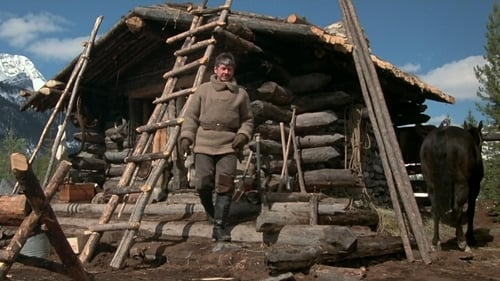
Albert Johnson (Charles Bronson, da série Desejo de Matar) é um homem estranho e solitário, que gosta dos animais e se comporta como um fugitivo da lei. Certo dia ele impede que um cão seja morto durante uma briga, coisa comum nos anos 1930, nas gélidas montanhas do Canadá. Depois de comprar o animal ferido, Johnson desagrada a um bando de homens que, para se livrarem dele, inventam a história de um roubo num posto policial. O chefe da Polícia Montada, Edgar Millen (Lee Marvin, de os 12 Condenados), é obrigado a investigar o fato. Instigado pelos homens, o policial acusa Johnson em sua própria cabana. Mas Johnson acaba matando alguns agressores no confronto e foge. A partir daí, uma grande caçada humana é empreendida na neve para prende-lo. Esta história foi baseada num fato real.
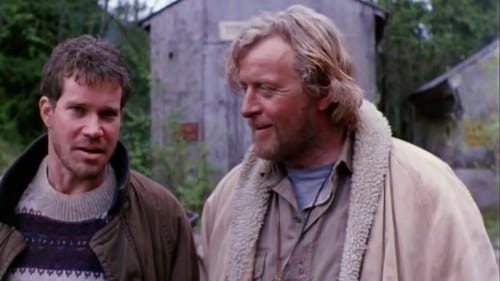
No Alasca, agente da Lei ajuda delegado a capturar perigoso bandido. Policial e fora-da-lei são os únicos sobreviventes de um acidente e devem lutar por suas vidas em terreno inóspito.
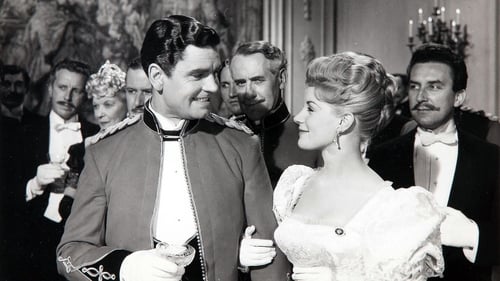
In 1885, while his regiment is sent to the Sudan to battle the rebellious Dervish tribes, British Lieutenant Harry Faversham resigns his officer's commission in order to remain with his fiancée Mary Burroughs in England. His friends and fellow officers John Durrance, Peter Burroughs and Tom Willoughby brand him a coward and present him with the white feathers of cowardice. His fiancée, Mary, adds a fourth feather and breaks off their engagement. However, former Lieutenant Faversham decides to regain his honor by fighting in the Sudan incognito. Re-used a great deal of stock footage from The Four Feathers (1939), including the entire final battle sequence.
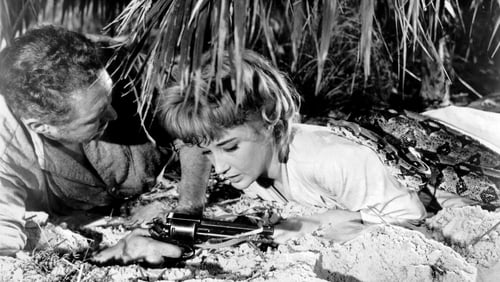
A British soldier escapes from 1880s Khartoum and goes down the Nile river with a fellow soldier, a governess and the daughter of an emir.

How African artists have spread African culture all over the world, especially music, since the harsh years of decolonization, trying to offer a nicer portrait of this amazing continent, historically known for tragic subjects, such as slavery, famine, war and political chaos.

A group of exceptional young ladies in Khartoum are determined to play football professionally. They are prepared to defy the ban imposed by Sudan's Islamic Military government and they will not take no for an answer. Their battle to get officially recognized as Sudan's National Woman's team is fearless, courageous and often laughable. But their struggle is unwavering. Through the intimate portrait of these women over a number of years we follow their moments of hope and deception. Despite the National Football Federation getting FIFA funds earmarked for the women's teams, this team continues to be marginalized. However, there is a new spark of hope when the elections within the federation could mean real change of the entire system.

Gubara was proud of the first color film in African cinema, which attempts to give an African response to the city symphony genre by capturing disparate images of daily life in Khartoum and setting it to music, particularly romantic Arabic songs.

Although perhaps without foresight, Gubara seemingly set out to capture a historic picture of a city that today has completely vanished. He reveals to us the livelier place that Khartoum was before fateful circumstances turned it into a tough, surviving shell of its former self.

The elder filmmaker makes a strong statement against the practices of circumcision as they performed around Africa and particularly Sudan. The film is typical of the later Gubara films which are determined to take a stand against the tyrannies that are still keeping people down. Gubara has stated that circumcision is "Nothing more than a bad habit".

For his first feature film in many years, the legendary filmmaker from Sudan has chosen to adapt Victor Hugo's classic novel Les Miserables for an African audience in the Arab language. The esteemed actor Gamal Hassan assumes the character of Jean Valjean from who is a man driven to crime and nefarious activities after circumstances have driven him in this direction. However, with the help of others he manages an incredible transformation. Gubara clearly saw this narrative as a significant parable concerning the will to change perceived as crucial for the future of Sudan.










